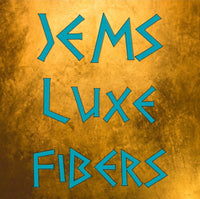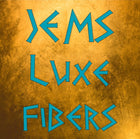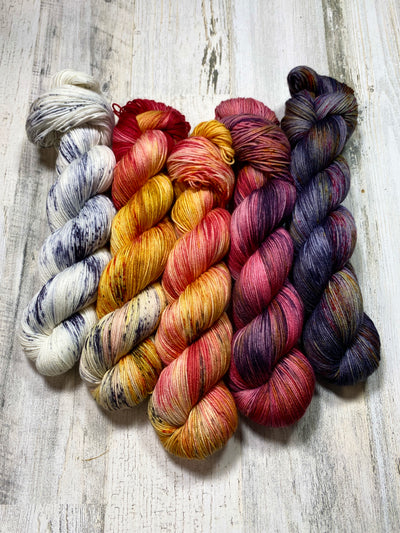Hestia Bundle
Hestia was the Greek virgin goddess of the hearth, home, and hospitality. In Greek mythology, she is the eldest daughter of Cronus and Rhea. In her role as a protector of the family and political community, sacrifices and offerings were regularly made to Hestia at the hearth within each private home and at the town or city's public hearth.
Her name literally means “hearth” or “fireplace.” The hearth is a place where you would pour libations of wine or milk or honey, as a way of paying homage to the gods, especially before and after meals." At everyday meals, a token offering might also be made to Hestia by throwing it into the hearth. The goddesses’ personification as the hearth also linked her to ideas of hospitality, the protection of guests, and the inventor of good housebuilding.
Although Hestia may not be the strongest among her peers, she holds great importance in the social and religious life of the ancient Greeks. In Greek mythology, there is little mention of the goddess Hestia because while the other deities enjoyed the freedom to do what they wanted, she was always at home tending to the sacred hearth. She is known for being pure and peaceful and spent most of her time tending to her duties. Her attitude of keeping herself to herself meant that she appeared in very few myths, but there are myths in which her personality shines through.
The goddess was the personification of the hearth and so she received sacrifices in all the temples of the gods as each one had its own hearth. By tradition, Hestia received any sacrifices before the other gods, even at such places as Olympia where Zeus was honored. Hestia received the “First Offerings” and last libations of wine offering at any feast and was usually mentioned first in any prayers and oaths. For this reason, there developed a saying 'to begin from Hestia.' In mythology, the honor of receiving the first sacrifice was given by Zeus when Hestia swore that she would always remain a virgin.
Within a Greek house, the hearth was usually a portable brazier but it symbolized the heart and soul of the household and came to represent its center. Hestia was present in the preparation and cooking of the family meal. But the hearth was used in many other activities besides cooking. When a baby was born, they would perform a birth ceremony, in which the baby would be carried around the hearth. And, when a member of the household died, the fire would be extinguished and then relit, signifying the loss of a loved one.
The family hearth was also the religious center of the household. The women carefully tended to the fire, in reverence for Hestia because the Greeks believed that if the fire were to go out, it was bad luck for the family. The “Sacred Flame” of Hestia was tended constantly and it was never to let die. It was believed that, if the flame had extinguished, it would bring cold and barren existence. Though, if the fire did go out the residents could go to the public hearth and use it to restart the fire. The Olympic Flame was inspired by Hestia’s sacred flame. Whenever a new settlement was established in Ancient Greece, the people would carry some of the flame from Hestia’s main sanctuary to light the new one.
Hestia never married and remained a virgin, despite the amorous attentions of Apollo, Poseidon, and Priapus, the fertility god.
An excerpt from Homer's "The Odyssey" illustrates the sanctitude of the hearth. "There is a scene where the hero, in a new strange land, on the island of the Phaeacians, after years of wandering the seas, enters the palace of the local king and goes right to the central hearth," Martin says. "He sits down in the “cold ashes” and from there begs the royal family to send him home to Ithaca. Ritually, getting down in the ash of the hearth is a way of signaling your lowered status in the situation, your pure need, and your dependency as an outsider on the family who owns the hearth. And it also plays on the idea that by entering Hestia's realm, you are going straight to the symbolic center of the whole community. They really can't reject you, without paying the price in angering the goddess."
Set shown is in our Luxe Sock base. It is available in all bases
Care of your hand knit garments
Please hand wash cold or lukewarm water and lay flat to dry. Even though this yarn does contain superwash merino, I do always recommend that you hand wash your knitwear. We use colorfast acid dyes for dying our yarn, and rinse until water runs clear. There may be a chance that some dye may bleed slightly in the first wash of your finished item. This does sometimes happen for speckled yarn and stubborn colors that are prone to bleed. For the first couple of washes, hand wash separately to be sure that no further bleeding.
There are no dye lots. We always try to sell from same dye lots but if not sure, we recommend blending the skeins as you work. Color saturation can differ from different dyelots.





